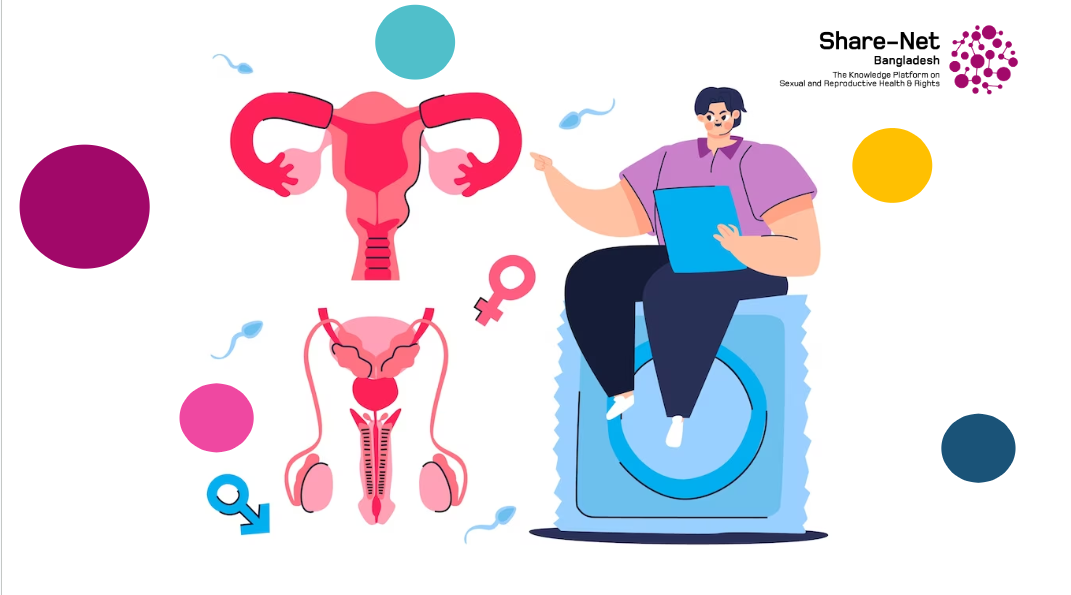Engaging boys in menstrual hygiene management (MHM) interventions in Bangladeshi schools: a pilot study to assess acceptability and feasibility
It has been proposed that teaching boys about puberty and menstruation can help to lessen the stigma associated with menstruation and the unfavourable attitudes toward it. To raise an understanding of puberty and promote a more accepting atmosphere for menstruating school girls, a team of researchers created and tested a school-based intervention for both boys and girls.
In order to create the intervention package, the study performed 24 formative in-depth interviews and four group vignette exercises with schoolboys. In order to assess the viability, acceptability, and outcomes of the intervention package among schoolboys and to provide recommendations for scaling up, pre- and post-intervention surveys were later undertaken, as well as four more focus group talks.
Boys in their formative years acknowledged having little awareness about puberty but felt that everyone should be educated about it. Boys’ awareness of menstruation increased after the intervention compared to the baseline [PD: 15%; 95% confidence interval (CI): 2, 29]. Additionally, it was revealed that more people felt at ease talking about puberty-related topics with friends or in a club at school [PD: 13%; 95% CI: 2, 24]. Boys in focus groups said the courses were instructive and useful. It is possible to create a supportive and girl-friendly climate in schools by involving schoolboys, well-delivered intervention materials, and social and behavior change communication strategies.
ABSTRACT: Educating boys about puberty and menstruation has been hypothesized to aid in reducing menstrual stigma and negative attitudes about menstruation. We developed and piloted a school-based intervention for girls and boys to increase knowledge about puberty and foster a more supportive environment for menstruating schoolgirls. In this sub-study, we conducted 24 formative in-depth interviews and four group vignette exercises for schoolboys to develop the intervention package. We then carried out pre- and postintervention surveys and conducted four follow-up focus group discussions to determine the feasibility, acceptability, and effects of the intervention package among schoolboys and to develop recommendations for scale up. During the formative phase, boys reported minimal knowledge concerning puberty but felt puberty education was vital for all. Following the intervention, boys’ awareness of menstruation increased compared to baseline [PD: 15%; 95% confidence interval (CI): 2, 29]. The reported comfort level of discussing puberty-related issues in a school club or with friends also increased [PD: 13%; 95% CI: 2, 24]. In focus groups, boys reported finding the sessions helpful and informative. Engagement of schoolboys, combined with well-delivered intervention materials and social and behavior change communication interventions is feasible and can contribute to a more supportive and girl-friendly environment in schools.
Key words: adolescent boys, Bangladesh, in-depth interview, menstrual hygiene management, puberty curriculum, social and behavior change communication
